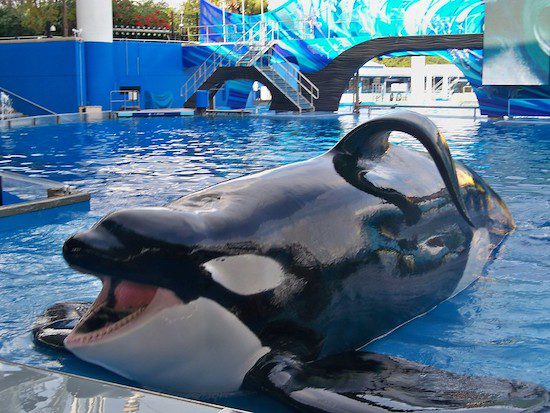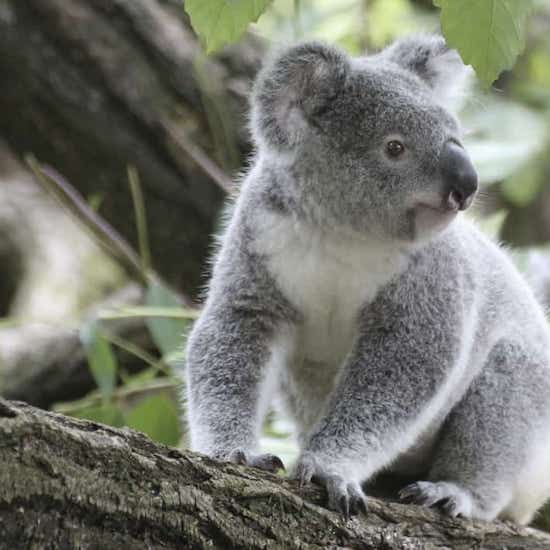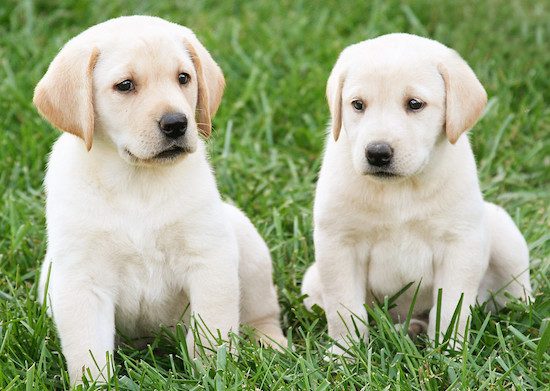


PETA: It’s been years since the release of the documentary “Blackfish”—whose “star,” Tilikum, died after 33 years in a concrete tank—but orcas at SeaWorld are still swimming in endless circles and breaking their teeth by gnawing in frustration on the concrete corners and metal bars of their cramped tanks. Other dolphins are still being impregnated, sometimes forcibly after being drugged, and 140 of them are packed into just seven tanks. Trainers use them as surfboards, riding on their backs and standing on their faces in cruel and demeaning circus-style shows. Facing mounting criticism, SeaWorld ended its sordid orca-breeding program—but this does nothing for the 20 orcas and hundreds of other dolphins, whales, and other animals who are suffering in the company’s tanks right now. SeaWorld must open its tanks and release the long-suffering animals into seaside sanctuaries—where they would live in large areas of the ocean while benefiting from human care for as long as they might need—so that they can have a life outside prison tanks.
>>>Urge SeaWorld to send orcas and other marine mammals to sea sanctuaries and end its use of animals.
Care2: There seems to be no end to the story of the Trump children using politics to get what they want in their personal lives. Now there’s a new chapter in this saga: Donald Trump Jr. killed an endangered argali sheep, a Mongolian national treasure. Once Don Jr. was back in the U.S., he was granted a permit to hunt the argali sheep retroactively. Experts think it is likely that Don Jr.’s meeting with President Khaltmaagiin Battulga, the details of which are entirely secret, had something to do with that. This is only further supported by Mongolian scientist and argali researcher Amgalanbaatar Sukh, who says the hunting permit processes in Mongolia are political and most often arranged by high-level government officials. Between 1985 and 2009, the number of argali in Mongolia plummeted from 50,000 to just 18,000.
>>>Urge the Mongolian government to make Trump Jr. the last hunter to get away with this, and to stop permitting argali hunting altogether.
Lady Freethinker: Every year, tens of thousands of birds are victimized in southeastern France by a cruel hunting method called glue-trapping, which involves attracting songbirds to branches covered in glue in order to cage the birds to sell as pets. As birds try desperately to free themselves, they become increasingly stuck, resulting in a painful, prolonged struggle that can lead to injury or death. After this initial stage of torture, hunters spray birds with toxic chemicals and separate them from the glue, often causing further injury and fatal consequences, including feather loss, which can render birds unable to fly. Birds who are deemed “undesirable” are carelessly tossed aside and left to suffer with any untreated injuries they may have. The rest are exploited for profit, sold into a lifetime of misery in captivity or used as bait in future glue-trapping hunts after spending unnatural periods of time—sometimes months—in pitch-black darkness. This causes them to sing frantically once they see daylight, unknowingly luring other birds toward the traps. A warning from the EU, which banned glue-trapping decades ago, and numerous court cases calling on French officials to outlaw the practice have fallen on deaf ears. In addition to the needless suffering glue-trapping causes to birds, the perpetuation of this government-sanctioned cruelty puts steeply-declining bird populations, including endangered species, further in jeopardy.
>>>Urge Ambassador of France to the U.S. Philippe Etienne to push for a nationwide ban on inhumane glue traps that torture and kill helpless birds.
Cause for concern…

- The world loves kangaroos and koalas; now we are watching them die in droves (Elle Hunt, The Guardian)
- Trump rule would exclude climate change in infrastructure planning (Lisa Friedman, The New York Times)
- Climate change is playing havoc with Mexico’s monarch butterfly migration (Kevin Sieff, The Washington Post)
- Interior Department plan to define “habitat” could de-fang Endangered Species Act (Jennifer Yachnin, Greenwire)
- Antarctic waters: Warmer with more acidity and less oxygen (University of Arizona, Phys.org)
- The missing 99%: Why can’t we find the vast majority of ocean plastic? (Stephen Buranyi, The Guardian)
- Study suggests obesity associated with greater greenhouse gas emissions (The Economic Times)
- Depression and suicide risk linked to air pollution (University College London)
- Why caged eggs must stop: hens deserve a life worth living (Marianne McDonald, Stuff)
- Dolphin filmed slamming its head repeatedly against tank walls (Anna Maria, The Independent)
Round of applause…

- In 2019, we made big strides for companion animals in puppy mills, dog meat trade, research and more (Kitty Block, Humane Society of the United States)
- 2019 was a banner year for big, bold billboards ads sparking discussions about speciesism (PETA)
- Plant-based burgers, cauliflower steak and oat milk: Food trends that will take over in 2020 (Eliza Erskine, One Green Planet)
- Plant-based foods make up the majority of Grubhub’s Top 10 Foods of 2019 (Caroline Bologna, HuffPost)
- ‘Veganuary’ wants to be your new food resolution for 2020—and beyond (Emily Heil, Washington Post)
- Vegan sneakers set to be next sustainable plant-based craze in 2020 (Chauncey Alcorn, CNN)
- Trump administration says it will approve largest U.S. solar farm (Sammy Roth, The Los Angeles Times)
- A new search engine alternative to Google donates revenue to partners involved in clean oceans (World Animal Protection and Ekoru)
- Wildlife hospital started by Steve Irwin’s family treats 90,000 animals as bushfires menace Australia (Olivia Rosane, EcoWatch)
- GOP senator’s proposal to curb wildlife poaching becomes law (Associated Press)
- Presidential candidates should talk about animals (Jane Desmond, The Hill)
- Encompass: Building a more inclusive animal rights movement (Mikko Jarvenpaa, Sentient Media)
Parting thought…
“Only after I became active in women’s issues did I realize that my veganism was related to those very issues. Dairy and eggs don’t just come from cows and chickens—they come from female cows and female chickens. We’re exploiting female bodies and abusing the magic of female animals to create eggs and milk.” —Natalie Portman
Earth | Food | Life (EFL) explores the critical and often interconnected issues facing the climate/environment, food/agriculture and nature/animal rights, and champions action; specifically, how responsible citizens, voters and consumers can help put society on an ethical path of sustainability that respects the rights of all species who call this planet home. EFL emphasizes the idea that everything is connected, so every decision matters.
Click here to support the work of EFL and the Independent Media Institute.
Questions, comments, suggestions, submissions? Contact EFL editor Reynard Loki at [email protected]. Follow EFL on Twitter @EarthFoodLife.